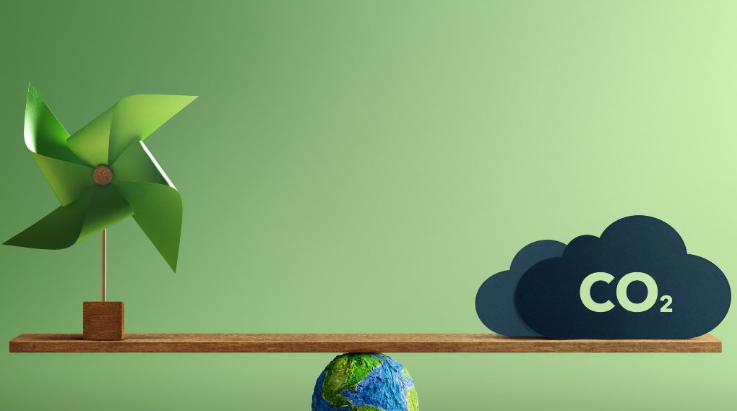In Short : Supporting the transition to net zero emissions is critical for addressing climate change. Policymakers, businesses, and individuals all play key roles in this effort. Policymakers can implement regulations and incentives to encourage green practices and investments. Businesses can adopt sustainable technologies, reduce emissions in their operations, and invest in renewable energy. Individuals can make eco-friendly choices, reduce energy consumption, and advocate for climate-friendly policies. Collaboration between governments, industries, and communities is essential for a successful transition to a net zero future, ensuring a more sustainable and healthier planet for generations to come.
In Detail : Through the growth of offshore wind energy and supporting carbon-reduction technologies, we’re helping the UK meet its renewable energy and climate goals.
We’re stewards of the seabed and much of the coastline around England, Wales and Northern Ireland. This means we’re tackling some of the greatest challenges of our time – climate change, energy security and nature recovery – through our role in the UK’s world-leading offshore wind sector.
Our current operational capacity across our seabed holdings is 11.8GW, the equivalent to delivering the annual electricity needs for almost 11 million homes and 14% of the UK’s total electricity requirements. This includes power generated from Hornsea 2, the world’s largest wind farm.
To contribute to the government’s target to supply all of the UK’s electricity from renewable sources by 2035, we’re accelerating our deployment of offshore wind. In 2023, we signed Agreements for Lease for six offshore wind projects as part of the Offshore Wind Leasing Round 4. This has the potential to power seven million homes with around 8GW of renewable energy, marking a major milestone in the UK’s offshore wind industry.
We’re continuing to support new carbon-reduction technologies alongside our natural solutions. This includes floating offshore wind, test and demonstration sites for tidal projects and emerging innovations such as green hydrogen markets.
The UK’s transition to net zero will require an energy mix that is cleaner, more diverse, and not reliant on a single source of fuel or technology. Carbon Capture, Usage and Storage (CCUS) is an evolving technology which can substantially reduce CO2 emissions from the global economy at an industrial scale. We are responsible for granting leases for offshore rights for developers for CO2 storage, which enables us to adapt existing gas generation assets to provide secure electricity in the short-term, while developing more renewable sources of energy.
As demands on the seabed increase, it’s important to develop ways to safeguard nature, reduce environmental risks, enhance coastal communities, and foster sustainable economic growth. The need for collaboration on this is greater than ever. Through our Offshore Wind Evidence and Change programme (OWEC), we’re bringing together a variety of organisations with diverse skills and interests to deliver the sustainable development of the seabed in the UK.

